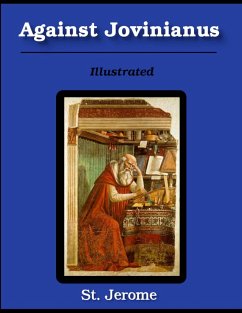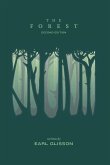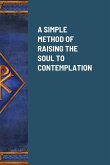St. Jerome (347 - 420) wrote this work against Jovinianus, a religious figure who claimed that in Christianity, virginity was no better a state than being married. He also claimed that abstinence was not necessary and that all sins were equally sinful in the eyes of God. This was in stark opposition to the 4th-century understanding of the Christian faith. Jerome, who at the time, was living as a monk in Bethlehem, took up the task of writing a defence of the current understanding of the issue. Jovinianus' propositions were condemned by Siricius, the bishop of Rome, along with synods both in Rome and at Milan (around 390 AD). The work gives a fascinating insight into Christian debates of the early church. The source text for this work is: A select library of Nicene and post-Nicene fathers of the Christian Church / Second series. Vol. 6, Letters. (Select works) / Jerome, Oxford : Parker. 1893. St. Jerome (d. 420); Henry Wace (1836-1924); Philip Schaff (1819-1893). To this work have been added illustrations of the people and Biblical figures mentioned in the text.
Hinweis: Dieser Artikel kann nur an eine deutsche Lieferadresse ausgeliefert werden.
Hinweis: Dieser Artikel kann nur an eine deutsche Lieferadresse ausgeliefert werden.








